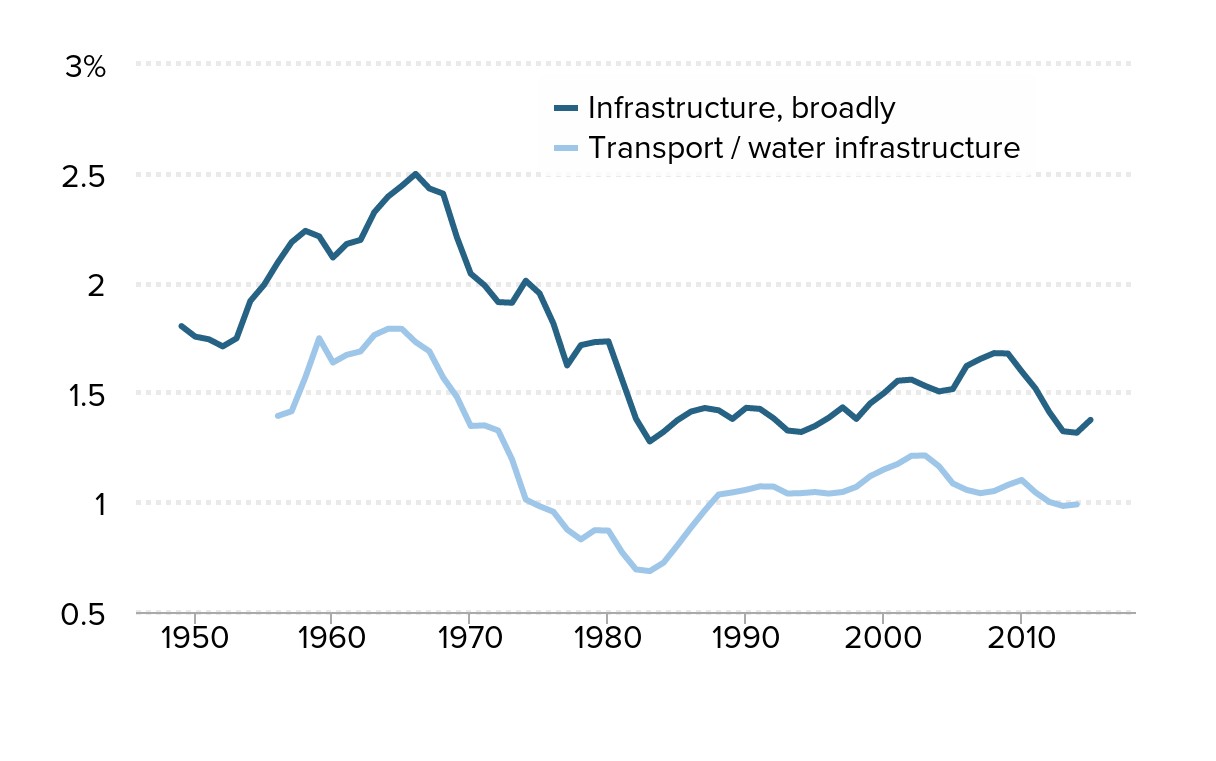
The UK banking landscape has dramatically shifted from its rich history of local and regional banks to a system dominated by a handful of large institutions. This transformation has had far-reaching consequences for economic growth, job creation, and regional development across the nation.
Drawing inspiration from the classic film "It's a Wonderful Life," where a local banker plays a pivotal role in community development, experts suggest that returning to a more localized banking system could revitalize the UK economy.
Professor Richard A. Werner from the University of Winchester points out that countries with numerous local banks, such as Germany with its nearly 2,000 banks, consistently outperform those with concentrated banking sectors. In contrast, the UK has fewer than 200 domestic banks, with many local branches closing and local banking relationships diminishing.
The success stories of economic powerhouses like China demonstrate the power of local banking. When Deng Xiaoping transformed China's economy in 1978, he established thousands of local, regional, and provincial banks. This decentralized approach, employing millions of loan officers who understand local business needs, helped drive China's remarkable four-decade economic growth.
Small banks are more likely to lend to small businesses, which form the backbone of job creation and economic growth. Large banks typically focus on big deals, mortgages, and corporate lending, often overlooking small-scale entrepreneurs and local businesses.
Germany's success with "Hidden Champions" - small firms that become global market leaders - can be attributed to its robust network of local banks that quickly fund technological upgrades and business expansion.
To address these challenges, experts recommend establishing 30 new local commercial banks across the UK, with 50% ownership held by local charities to prevent future takeovers. They also advocate for simplified regulatory requirements for banks with balance sheets under £1.5 billion, making it easier for small banks to operate effectively.
The revival of local banking could help tackle regional disparities, boost productivity, create jobs outside major cities, and provide fair access to financial opportunities across the UK. This approach might not only stimulate economic growth but also help build more resilient and prosperous local communities.